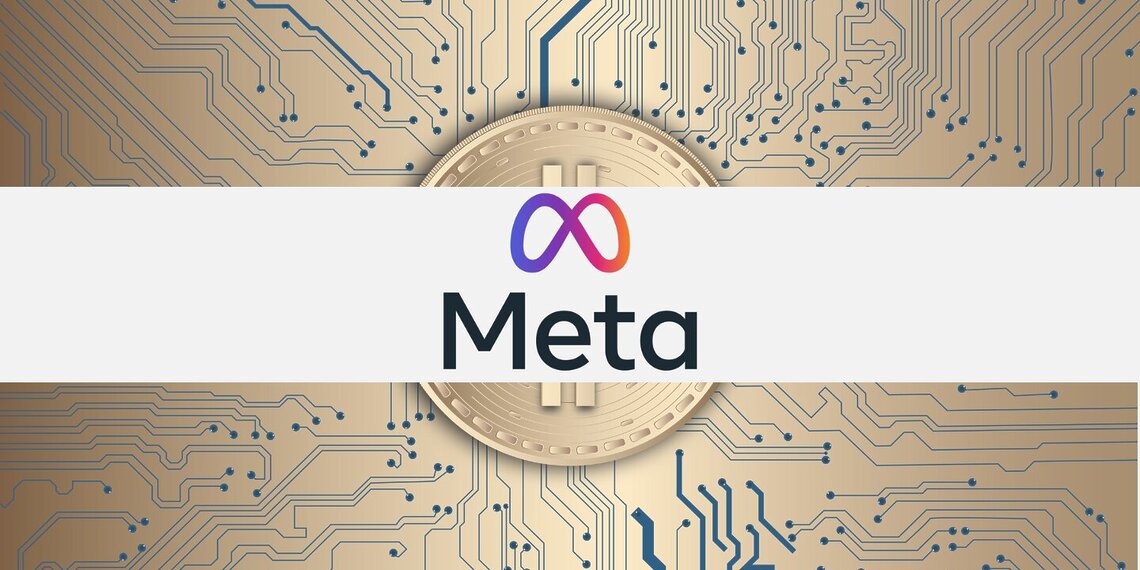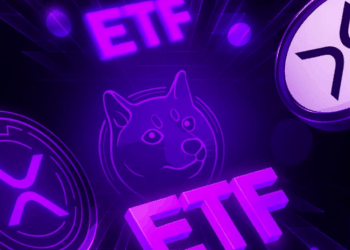Meta recently explored the possibility of allocating a portion of its cash reserves to Bitcoin, the world’s oldest and most valuable cryptocurrency. However, despite U.S. President Donald Trump’s favorable stance on crypto, Meta shareholders rejected the proposal at the company’s annual meeting on May 28.
Among various agenda items, shareholders decisively voted against the Bitcoin treasury assessment proposal. In a proxy statement sent before the meeting, Meta clarified that Bitcoin would not be included in its balance sheets.
During the session, investors cast votes on a total of 14 proposals based on their stock holdings as of April 1, 2025. Regarding the Bitcoin treasury assessment, a staggering 4,980,828,562 votes opposed the plan, while only 3,916,871 supported it—amounting to just 0.078 percent in favor, as detailed in an SEC filing.
More than eight million votes were recorded as abstentions. The voting conclusion stated, “The shareholders did not approve the shareholder proposal regarding Bitcoin treasury assessment.”
Proposal Details
In January, Meta shareholder Ethan Peck introduced a proposal urging the company to consider Bitcoin as part of its balance sheets. Titled “Bitcoin Treasury Assessment,” the proposal suggested that Meta allocate a portion of its total assets into investments that offer higher long-term appreciation than bonds.
Peck highlighted that as of September 30, 2024, Meta held $256 billion in total assets, with $72 billion in cash, cash equivalents, and marketable securities. He argued that since cash continuously depreciates and bond yields fail to match the true inflation rate, 28 percent of Meta’s total assets were losing shareholder value simply by remaining idle.
The proposal advocated for replacing some percentage of Meta’s assets with investments that, while potentially more volatile in the short term, offer greater long-term appreciation than bonds. Peck also referenced insights from BlackRock, Meta’s second-largest institutional shareholder, which advised that a 2 percent Bitcoin allocation would be a reasonable strategy.
Pointing to Bitcoin’s sustained price growth and increasing adoption among corporations such as MicroStrategy, Peck urged Meta to evaluate the benefits of converting a portion of its cash reserves into BTC.
At the time of the proposal, Bitcoin was valued at $108,000. As of June 2, its price stands at $104,948.
Meta’s Response to the Proposal
Meta cited Bitcoin’s volatility as a key concern in its proxy statement filed with the SEC.
The company’s board deemed the proposed Bitcoin treasury assessment “unnecessary,” emphasizing Meta’s existing investment review process.
“Meta employs a rigorous decision-making approach that evaluates various investable assets,” the board stated. “Our audit & risk oversight committee ensures treasury policies prioritize capital preservation and liquidity for the company.”
The board explained that management continuously reviews a wide range of investment options to support operational needs, working capital, and capital expenditures.
“As part of this process, we analyze the volatility of potential assets and aim to invest in those that offer a balanced mix of stability and long-term growth to sustain our financial strategy,” the statement noted.
While the board refrained from weighing in on cryptocurrency’s merits, it maintained that an additional assessment of Bitcoin was unnecessary, given Meta’s existing treasury management processes.
Meta CEO Mark Zuckerberg, who holds 61 percent voting power in the company and has been a vocal advocate for Web3 technologies like the metaverse, has not yet commented on the matter.
In October 2024, Microsoft similarly sought shareholder feedback on Bitcoin investments. However, in December, its shareholders voted against the proposal, citing concerns over the asset’s volatility.










